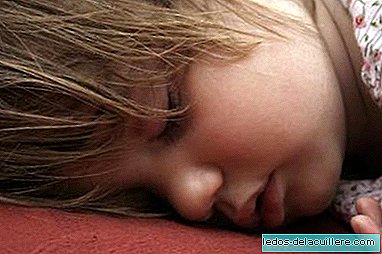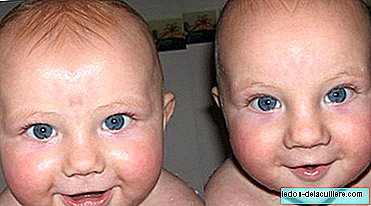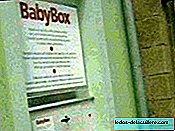
Sleep plays a fundamental role in the health of all people, but especially in child development, in aspects such as behavior, school performance or growth. One of the phenomena involved in sleep disorders are children's snoring.
We must take into account that sleep disorders in pediatric age are frequent and affect not only the development of the child, but also the quality of life of the whole family environment. That the child sleeps well is a matter that worries everyone.
The Clinical Practice Guide on Sleep Disorders in Children and Adolescents in Primary Care It reviews sleep disturbances in children and among respiratory disorders of sleep include habitual snoring, which suffer about 8% of children.
Snoring is the symptom that respiratory clinical syndromes have in common during sleep. “Regular snoring” is understood to be that which occurs for more than three days a week for more than three weeks, without presenting an upper respiratory infection and without being associated with apnea or alterations of gas exchange or disorders such as sleepwalking, night terrors…
That is, if your child snores eventually, when he is constipated or has another respiratory problem, or if he has only snoring sporadically, it is not a symptom of a respiratory sleep disorder and we have to downplay it.
But there are other cases in which we have to pay attention to snoring, for example Snoring more than four nights a week is significantly associated with nocturnal cough and asthma. There are also other variables associated with habitual snoring: atopic dermatitis, tonsil hypertrophy.
The maximum incidence of snoring occurs between two or three years and begins to decrease when the child grows up, towards nine years. If at these ages we observe that our child has habitual snoring, the pediatrician should be consulted to determine the origin of the snoring.
And it is that these could be associated with obstructive apnea-hypopnea syndrome during sleep, a respiratory disorder that occurs during sleep characterized by a total or partial obstruction of the intermittent upper airway and that disrupts normal ventilation during sleep and normal patterns of it.
Sleep disorders, in children, affect behavior and mood, and can also alter cognitive functions, reducing selective attention, vigilance and memory. Therefore it is important that if there is habitual snoring in children we will notify the pediatrician.












